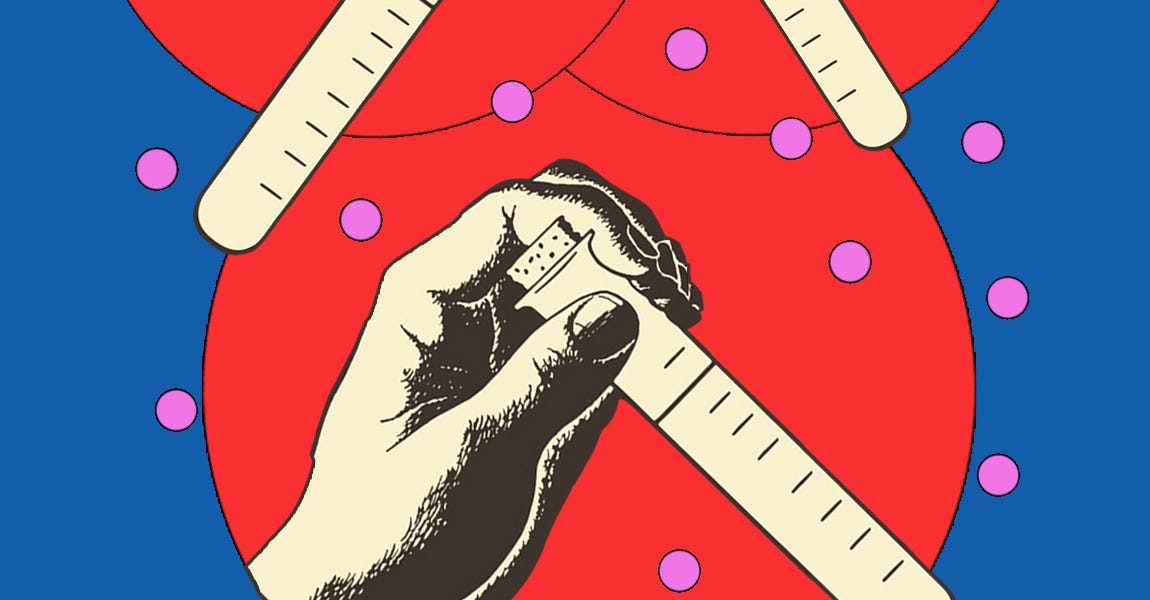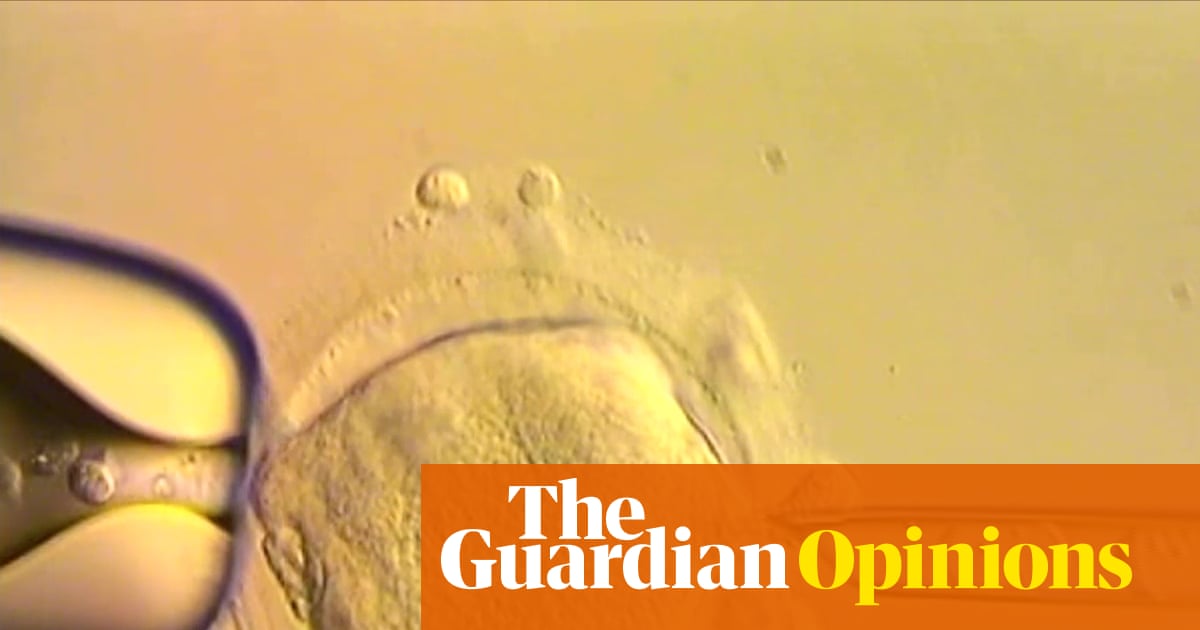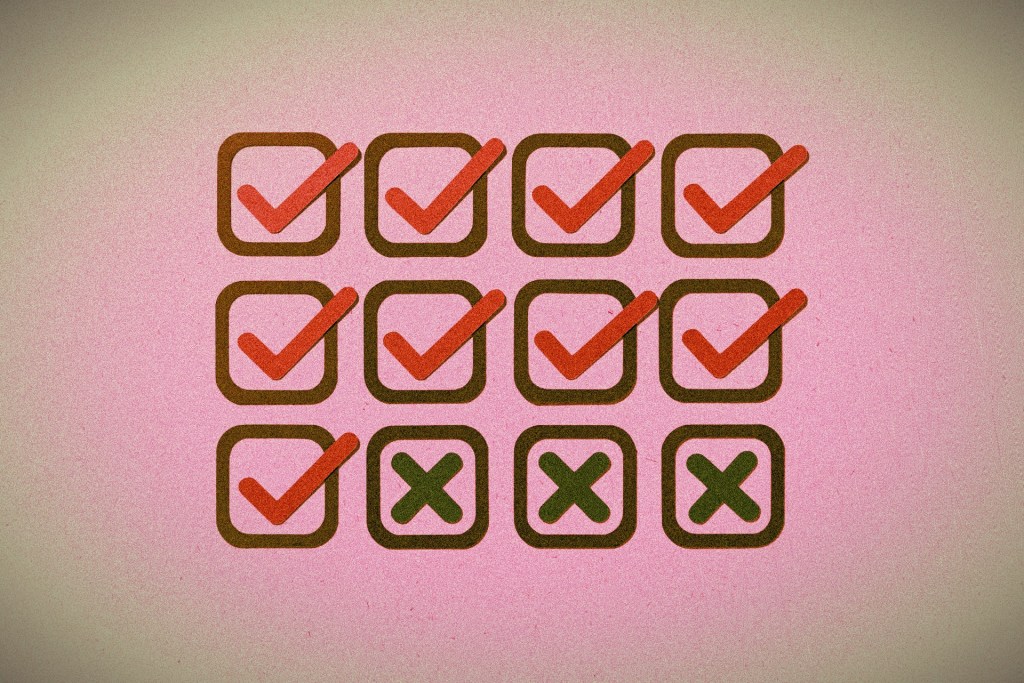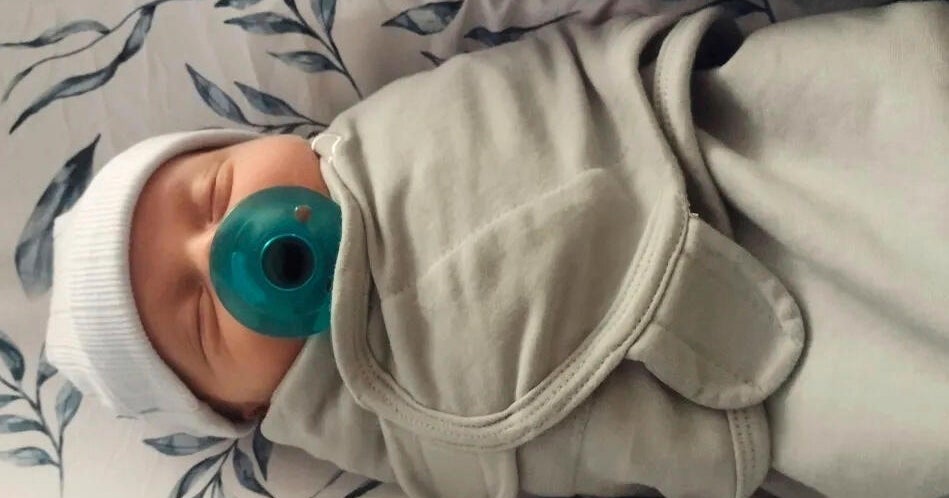T4K3.news
New babies born using three parents technique
A revolutionary method has led to the birth of eight babies with three biological parents.

A groundbreaking method now enables the birth of human babies with three biological parents.
New Technique Allows Birth of Babies with Three Parents
The first human babies born with three biological parents have entered the world through a groundbreaking technique aimed at preventing mitochondrial disease. This method involves transferring the nucleus of an egg fertilized in vitro into a donor egg that lacks a nucleus but retains healthy mitochondria. This innovation has resulted in eight healthy babies, including twins, showing low to undetectable levels of mitochondrial mutations.
Key Takeaways
"We found that pronuclear transfer was effective in reducing the level of pathogenic mtDNA variant."
This quote from Bobby McFarland highlights the technique's effectiveness in addressing mitochondrial diseases.
"The role of mitochondrial donation as a choice will only be established with the availability of additional data."
McFarland emphasizes the need for ongoing research to fully understand the implications of this technique.
This pioneering approach in reproductive technology opens doors to the future of genetic intervention, addressing serious hereditary conditions. While the idea of three biological parents may sound unconventional, it offers a promising solution for families affected by mitochondrial diseases. As this research continues, it raises important ethical questions about genetic modification and the long-term implications for human health.
Highlights
- Three parents may become the new normal in genetic solutions.
- Imagine a world where mitochondrial diseases are a thing of the past.
- This technique marks a leap in our understanding of human genetics.
- The future of reproductive health just got a groundbreaking twist.
Ethical and health implications of genetic intervention
The use of a three-parent technique raises ethical questions about genetic modification and long-term health impacts on offspring. The potential for societal backlash exists as this method redefines traditional notions of parenthood and raises concerns about natural genetic boundaries.
Continued research will be essential to understand the long-term implications of this technique on health and ethics.
Enjoyed this? Let your friends know!
Related News

Eight babies born using DNA from three people

Eight babies conceived through mitochondrial donation

Milestone in mitochondrial donation achieved

Mitochondrial disease IVF breakthrough announced

Mother identifies rare genetic disorder through global community

Debate Surrounds Ethics of Modern Parenting

Ohio couple gives birth to son from historic frozen embryo

Historic baby born from record-breaking frozen embryo
